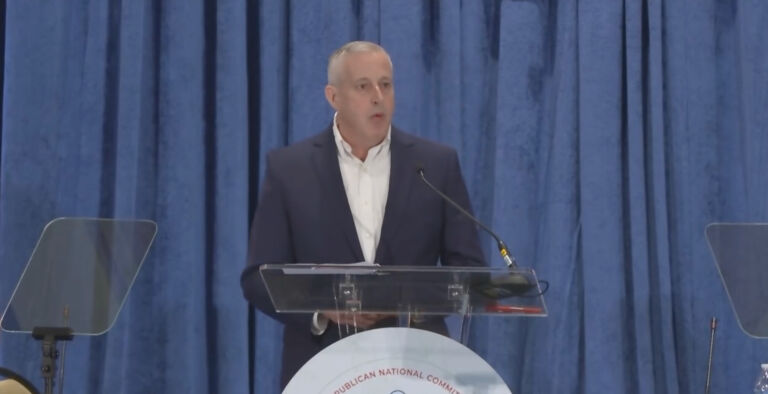Dan McLaughlin of National Review Online responds to critics of an attempt to boost election safeguards.
Republicans are on the verge of gaining the upper hand on the issue of reforming the Electoral Count Act of 1887 to eliminate perceived ambiguities and weaknesses that were exploited by Donald Trump in 2020 and could be exploited by Trump or other unscrupulous candidates of either party in the future. You can add Raphael Warnock to the list of Democrats spooked by the possibility that Mitch McConnell could support a standalone ECA reform bill. …
… Voices on the right against this strategy have been singularly unpersuasive. A pair of screeds by Scott McKay and Ali Alexander at the American Spectator assert, mainly, that nobody should ever work with Democrats on anything, and that anybody who proposes legislation that requires Democratic votes must be a bought-off stooge. …
… Well, yes, Democrats are often not trustworthy negotiating partners, and when it comes to gigantic, omnibus bills, it is often better not to even open the discussion. But since when do we believe that it is impossible for legislators to make demands, then read a bill to see if it meets their demands, then vote against it if it doesn’t? This isn’t some lost medieval trade we’re talking about. It’s what Republican state legislators do every day. And as I’ve explained, if Republicans make clear demands and Democrats refuse to meet them, the entire exercise is a political win for Republicans. …
… It is true, of course, that ECA reform is not a cure-all; there will always be those who challenge the constitutionality of any congressional enactment, including its power to bind a subsequent Congress. But the law held in 2020. Strengthening it will narrow the paths for future mischief. And making a sincere attempt to strengthen it, and being rebuffed by the Democrats, would be a useful way of clarifying the cynicism of Schumer, Pelosi, and Biden.


